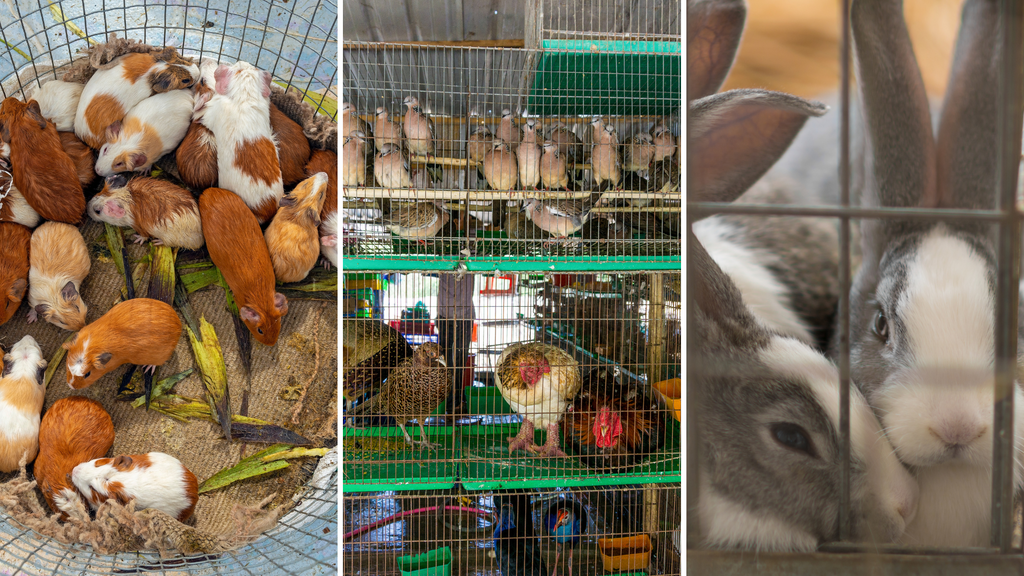The days of seeing birds, rabbits, or guinea pigs amidst bustling fruit and vegetable stalls are fast becoming a thing of the past.
In Liège, a profound change is on the horizon as it will soon be forbidden to sell live animals in the city's markets. Following the lead of numerous municipalities around Belgium, Liège has recently enacted a ban slated to take effect next January – a decision rooted in concerns for animal welfare.
This prohibition, while hailed as a victory for animal welfare, has brought dismay to those involved in the animal trade. Jean-Paul Smet, owner of a pet store and who often attends the city's well-known La Batte market, lamented the decision in an interview with RTBF. "It's a catastrophe. It's a profession that will fade away."
But municipal authorities have framed the decision as a firm step to curb thoughtless impulse purchases. "An animal is not a commodity. It is not a trivial item to be peddled in a marketplace," Christine Defraigne, the Alderman responsible for animal welfare in the City of Liège, told RTBF. "We strongly discourage the compulsive and impulsive acquisitions of sentient beings."
Animal rights groups have highlighted the ban's sense, especially given the vulnerability of animals like rabbits, rodents, and birds, which are natural prey in the wild and exceedingly susceptible to stress. A bustling market environment is profoundly unsuitable for these creatures, resulting in heightened stress levels that greatly affects their well-being.

GAIA celebrated their 30th anniversary in 2022 in Brussels. Credit: Belga
Michel Vandenbosch, President of Belgian animal welfare organisation GAIA, welcomed the local ban: “This is very good news,” he told The Brussels Times. “GAIA supports the ban as it is a measure that will prevent animal health risks, particularly preventing the spread of animal diseases when animals coming from various locations are gathered together.”
“Don’t underestimate the impact of cruel treatment and handling of animals by traders as well as animal suffering during transport,” he added. “Animal markets belong to the past. It is a very good thing that a major Walloon city like Liège is taking the lead by deciding to ban the sale and exhibition of live animals at the notorious market of La Batte.”
“Traders need to understand that animal welfare and health has become more important. Society has changed with regards to the treatment of animals... Consideration for animal welfare and respect for animal rights are part of social progress. Traders will have to cope with it and adapt."
Related News
- Brussels to allow residents to be buried alongside their pets
- Finland: Thousands of foxes, minks to be killed due to bird flu
"Of course the ban on selling live animals on markets will have an economic and financial impact on traders but times are changing and we have to show more empathy and respect towards living creatures, sentient beings with specific needs and intrinsic values," Kristien Ghys from the Belgian Society for Prevention of Cruelty to Animals (BSPCA) told The Brussels Times.
"The health and physiological needs of animals should have priority over the economic interests of traders. "Prohibiting the sale of live animals in markets will make people think twice before purchasing an animal when they have to go to more trouble to get one."

